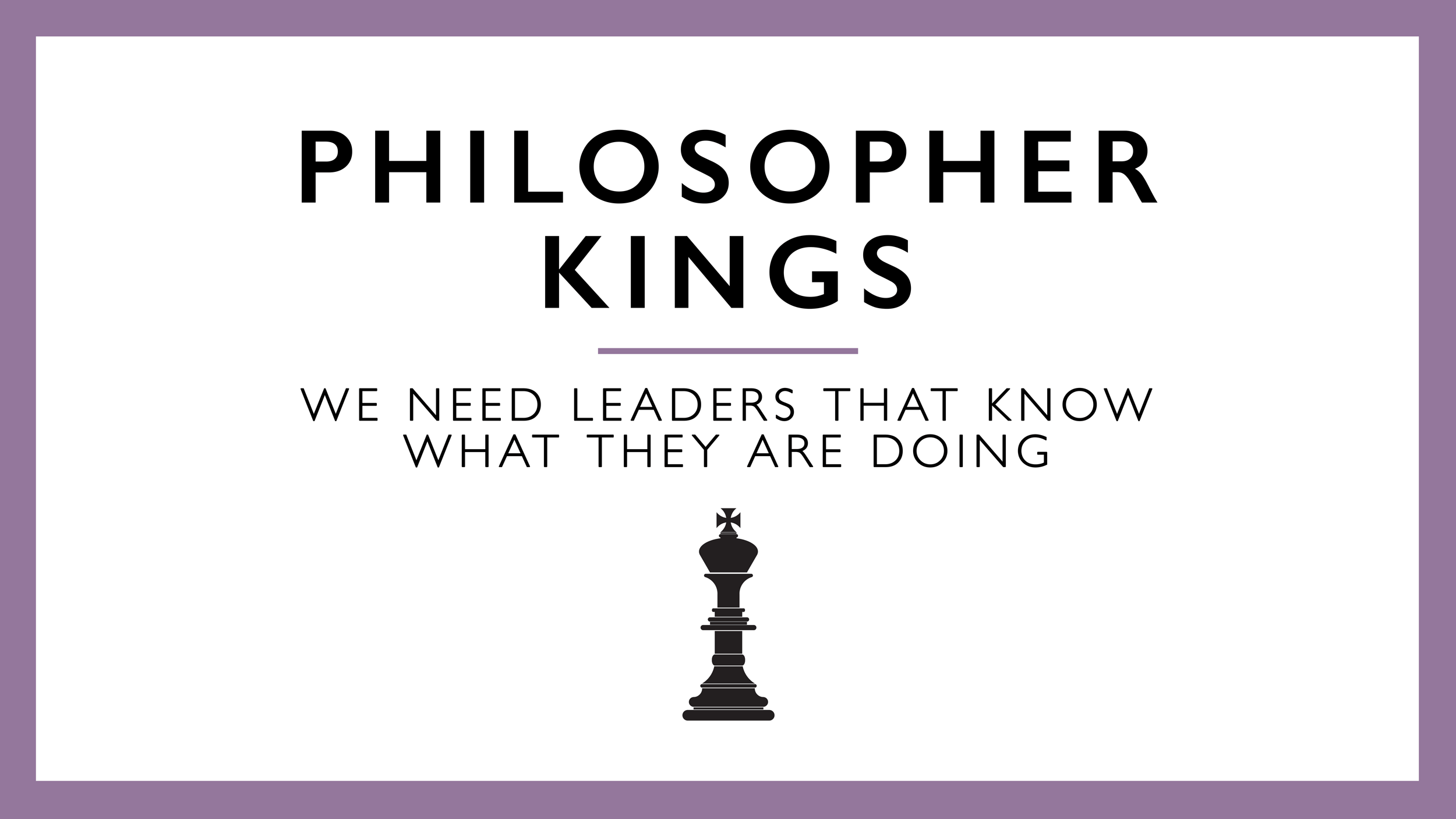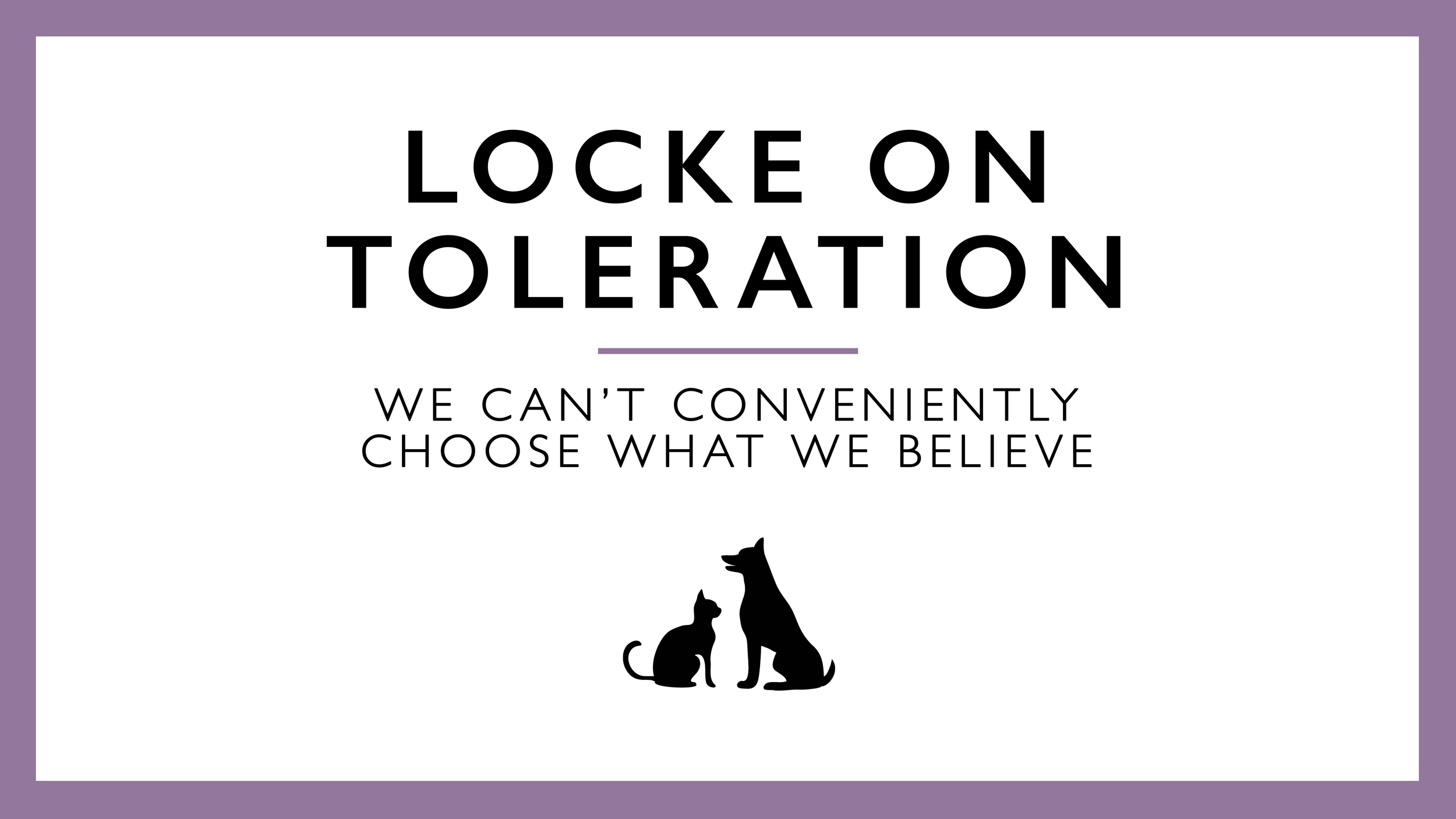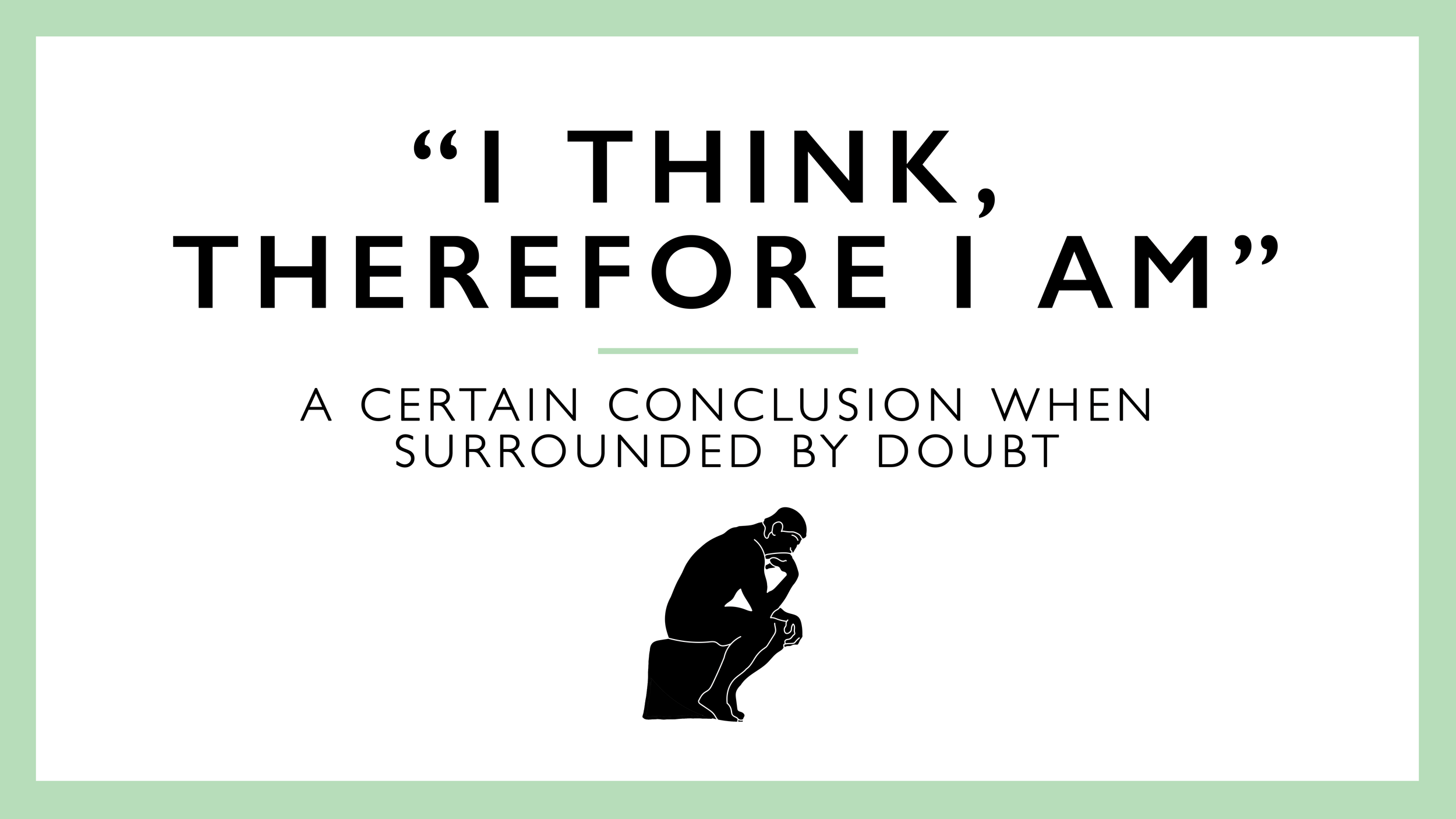
A History of Ideas: Confucian Ancestor Worship
How do we achieve social harmony? For Chinese philosopher Confucius this was through recognizing hierarchies and honouring our elders.

A History of Ideas: Adam Smith On The Invisible Hand
Given a free market, individuals making self-interested decisions will unwittingly create an effective economic system that’s in the public interest. So thought Adam Smith.

A History of Ideas: Plato's Philosopher Kings
Is Democracy such a good way of deciding how to run a state? Plato said ‘no’.

A History of Ideas: John Locke on Toleration
Could you change your belief if threatened with torture? Or would you merely be saying that you’d changed, when deep down you still held your original belief?

A History of Ideas: Jean Paul Sartre and the Existential Choice
Do humans really live in anguish because they’re ‘condemned to be free’? This was a view put forward by the existentialist philosopher Jean-Paul Sartre.

A History of Ideas: Erving Goffman and the Performed Self
Do we all metaphorically wear a series of different masks to present ourselves to the world in the best light possible? The sociologist Erving Goffman thought so.

A History of Ideas: Know Thyself
Is it possible to know oneself? And what good does it do?

A History of Ideas: Renee Descartes and "I Think, Therefore I Am"
What can we know for certain? Can we trust what our senses are telling us? Can we even trust absolute truths, such as those of mathematics? What if our brains are being manipulated to make basic mathematical errors?

